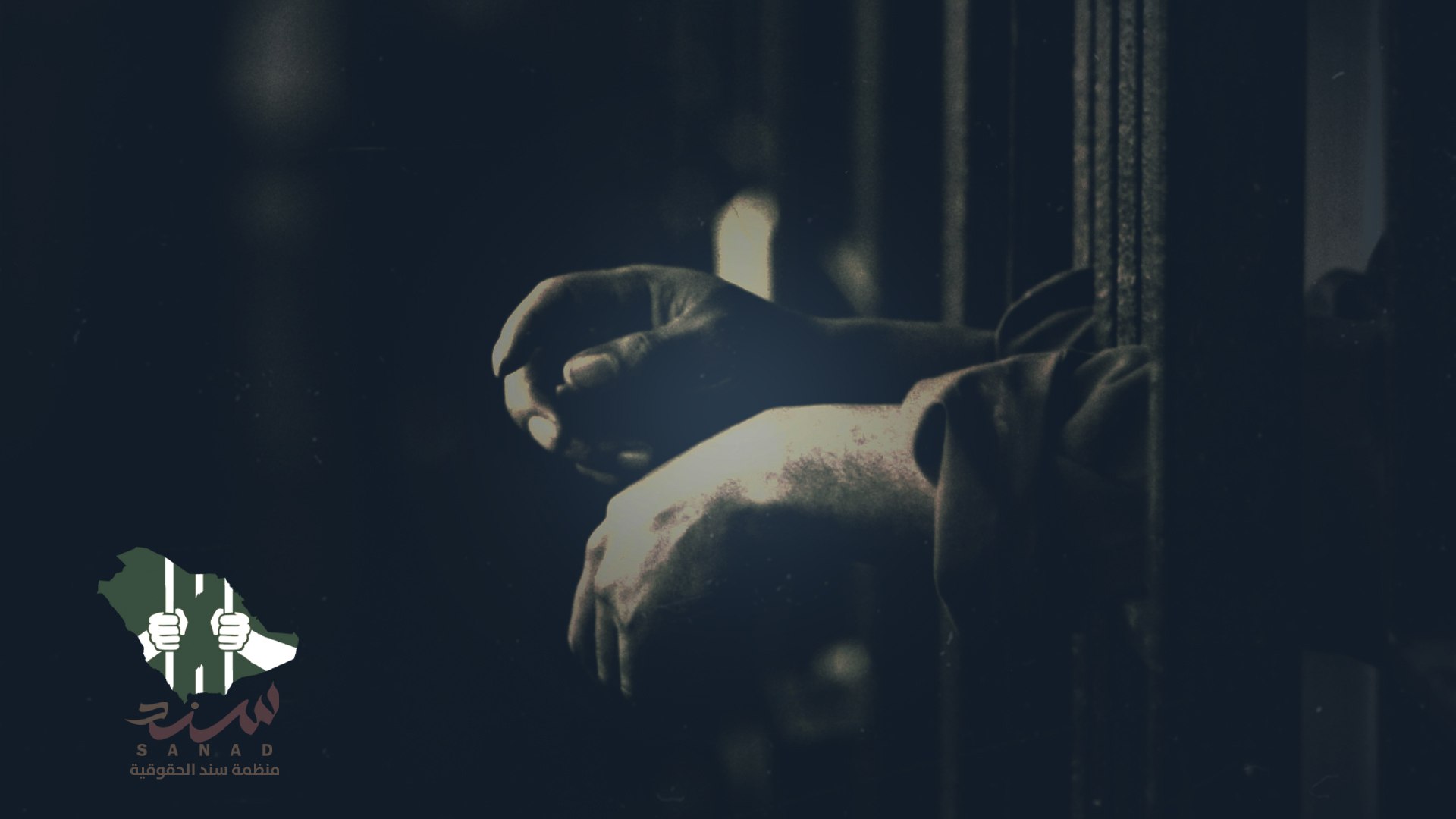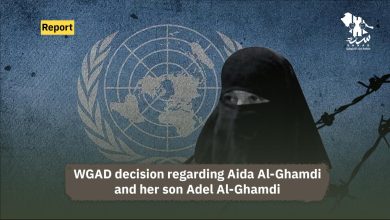
The reality of prisons in the Kingdom of Saudi Arabia
The Saudi authorities, with their institutions and media, have strived to spread a positive, bright image of Saudi prisons, to appear as luxury hotels and places for recreation and rest. However, the facts are contrary to what the Saudi authorities have propagated about their prisons. Numerous human rights reports and testimonies of Saudi citizens have revealed facts that show the horrific and deteriorating conditions in which prisoners live in Saudi Arabia.
Human Rights Watch said that it visited Dhahban prison and met detainees who witnessed the death of prisoners due to torture and poor medical care, as well as the overcrowding of some wards which far exceeded their capacity, as well as many detainees being in conditions that violate the international system for the treatment of prisoners.
International human rights organisations say that the prison system in Saudi Arabia is not in conformity with the United Nations system for the treatment of prisoners, as the authorities prevent independent bodies from inspecting prisons. International reports have indicated that detainees were subjected to torture and solitary confinement, and some were killed due to torture inside prisons, and some of those who were released suffer from severe mental illnesses due to the abuse they were subjected to in prisons.
In the notorious al-Ha’ir prison, the detainees there are subjected to all kinds of insults, humiliation and torture, including electrocution, drowning, and being prevented from sleeping for long hours. Many human rights reports stated that a number of its inmates went on strike due to the ill-treatment they are subjected to.
From amongst the ugliest practices of the Saudi authorities against detainees is that they are held in unknown places, where it is not known where they are being held, and their families know nothing about them. In fact, some of these places are not official prisons and so they are considered prisons outside of legal jurisdiction – so they are more like places of kidnappings and enforced disappearances – exactly as is practiced by gangs.
No matter how much the Saudi authorities try to polish the image of the prisons there, it remains a stigma that distinguishes them and is a curse that persecutes them before the international community and its human rights institutions. In these prisons, human rights, dignity and humanity are violated in the ugliest form. Saudi Arabia has no choice but to seriously and urgently improve it and allow the international and human rights inspection committees to enter it without delay or obstruction.






